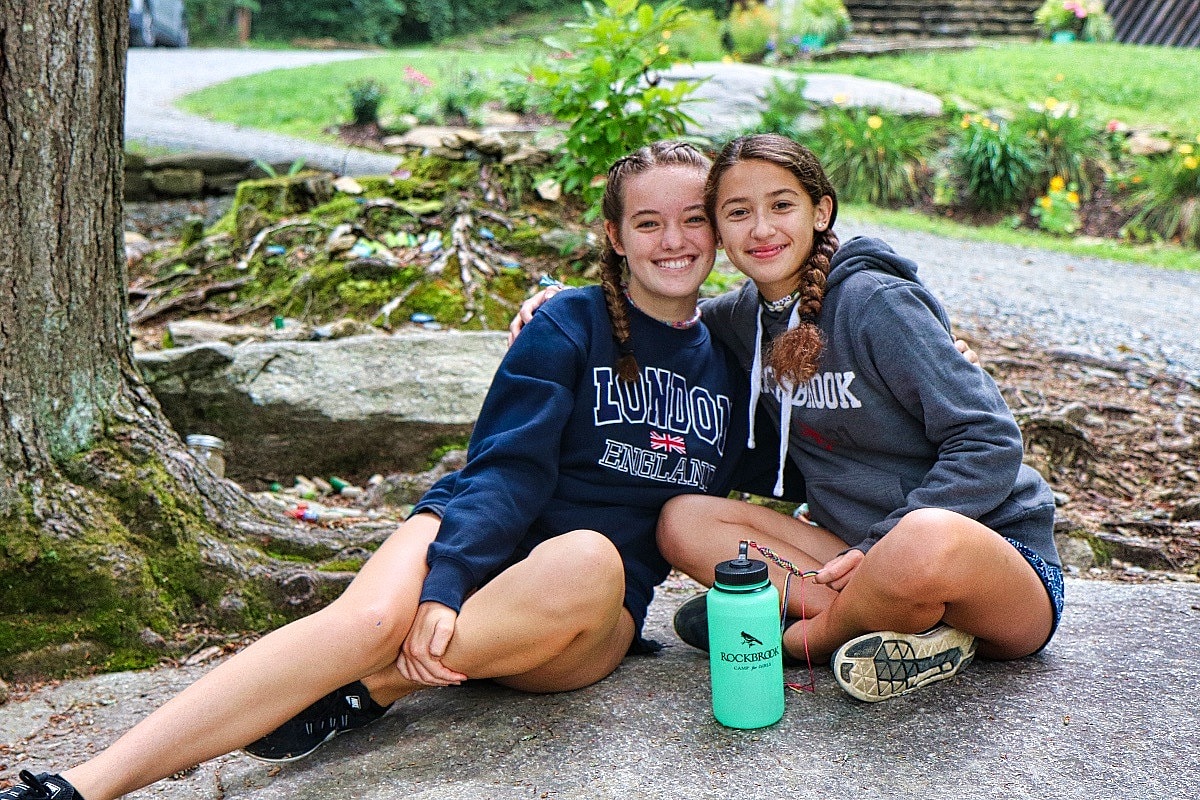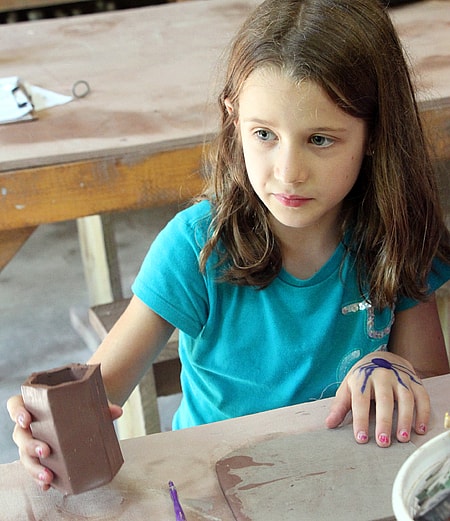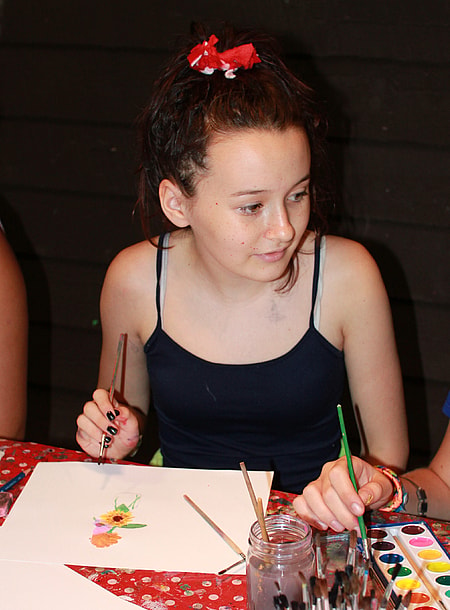The other day I was talking with a young counselor about camp and whether there was anything about the experience this summer that has surprised her. She had attended camp for 7 years as a camper already, so I was curious if she recognized anything different now that she’s older. She quickly said that she was having a blast with the campers in her cabin, and that she loves being a counselor because she gets to know the girls so well and do so much with them. She was surprised how “intense,” “emotional,” and “fun” camp is.
Put a little differently, life at camp is face to face living. We’re all in this together, sharing everything (costumes, food, pink eye —well, we try not to share that last one!). When we’re at camp we pay attention to each other constantly. We are very close, feel truly connected, to a lot of people. Being at Rockbrook means accepting the intimacy, thrills and challenges of community… but in exchange, building countless heart-felt relationships, deepening our humanity, and yes, having a lot of “fun.”
By making this observation, I think this young woman, without knowing it, was also commenting on ordinary life outside of camp. Essentially, it lacks the closeness, the rich, personal experience that defines our days at girls camp Rockbrook. Ordinary American life, generally speaking, is more about individual consumption, privacy, personal advancement, and ego-centric entertainment— all while being mostly blind to the other people around us. As we speed along the course of our lives, tightly tethered to our smartphones, community is too often left in the dust. Feeling dis-connected, bored and alone, can easily be the sad remainder.
There’s an irony to this, too. Think of all the daily technology we utilize ostensibly to be more connected to each other: text messaging, emails, social media posts, and telephone calls. Thanks to modern communication technology, it’s simple to announce what you’re doing, ask someone a question, or look up information. The ease and convenience of using these technologies has made them ubiquitous threads of modern life. At the same time— and here is the irony —it seems they are isolating us as human beings. Sending a text message is a thin gruel compared to the deep feelings that accompany being present with someone you care about. An email conveys only a shadow of its sender. Facebook, despite its attempt to offer a “multimedia experience,” can’t touch the emotions of being with supportive friends. There’s no electronic translation for kindness. If our ordinary lives are increasingly defined by these diminished forms of communication, if we’re left with only these rarefied connections to other people, then, as we become more isolated, our humanity is going to suffer.
Thank goodness for camp! Here we feel more connected than ever despite (maybe because of) giving up our electronic communication devices. For good reason, we unplug to connect more fully to those around us. Life at camp feels good because it begins with wholehearted connections, with the messy and rewarding energy of a community. The contentment your girls feel at camp springs from living face to face, directly and without the filtering “convenience” of technology. It’s providing them proof that having kind, compassionate relationships with other people is a bumpy, fun path to a rich and rewarding life.





0 Comments
Comment section